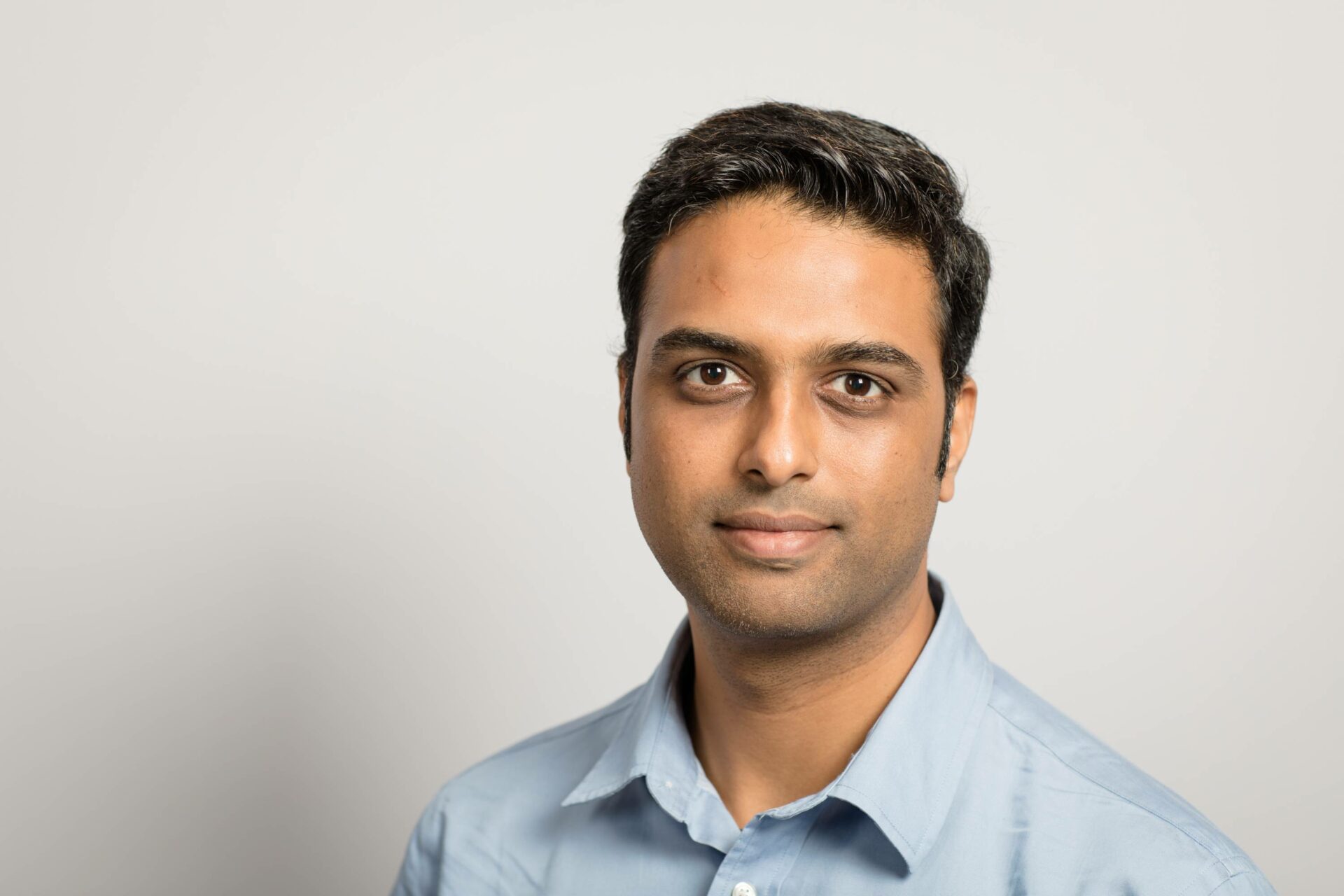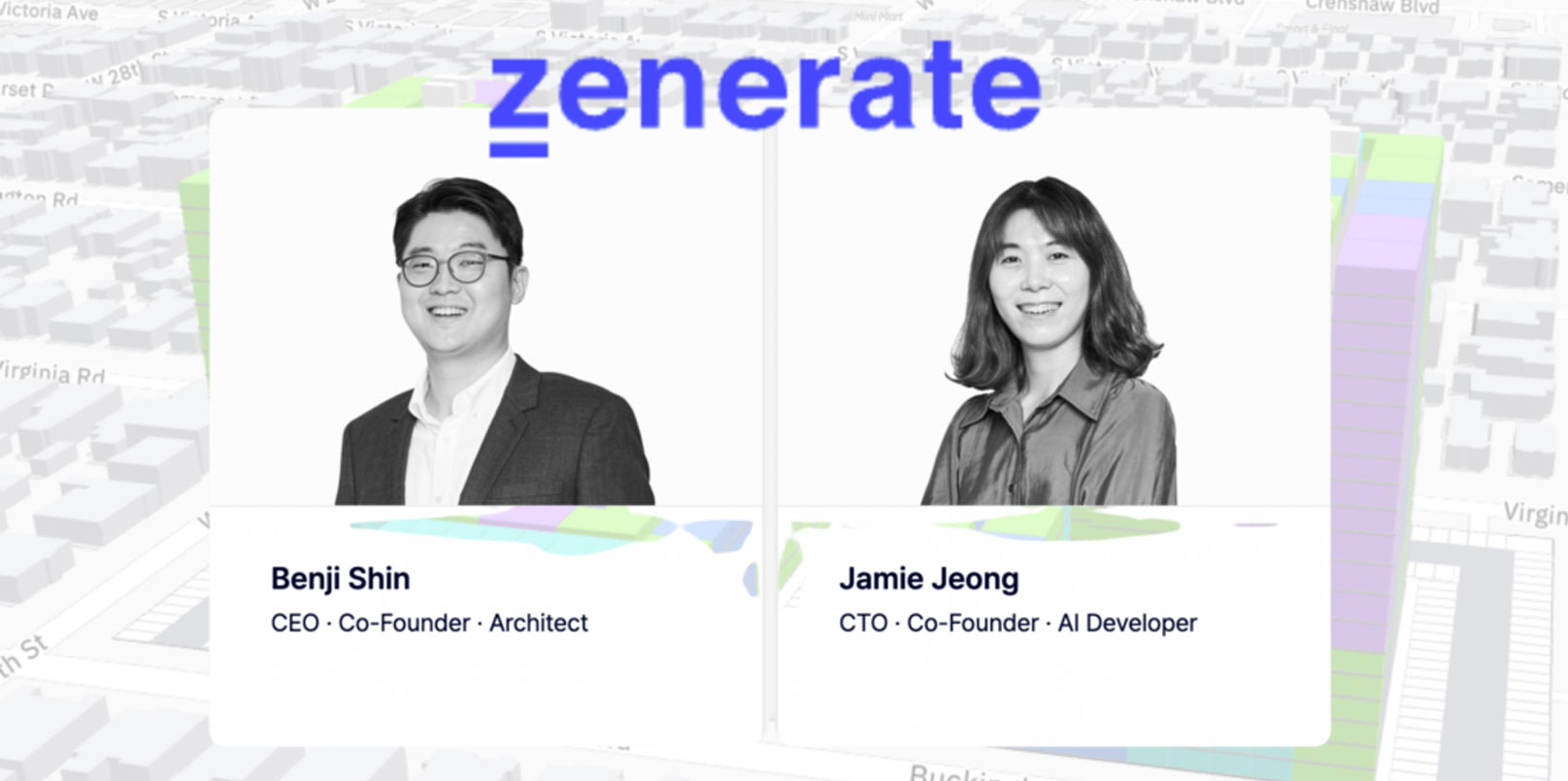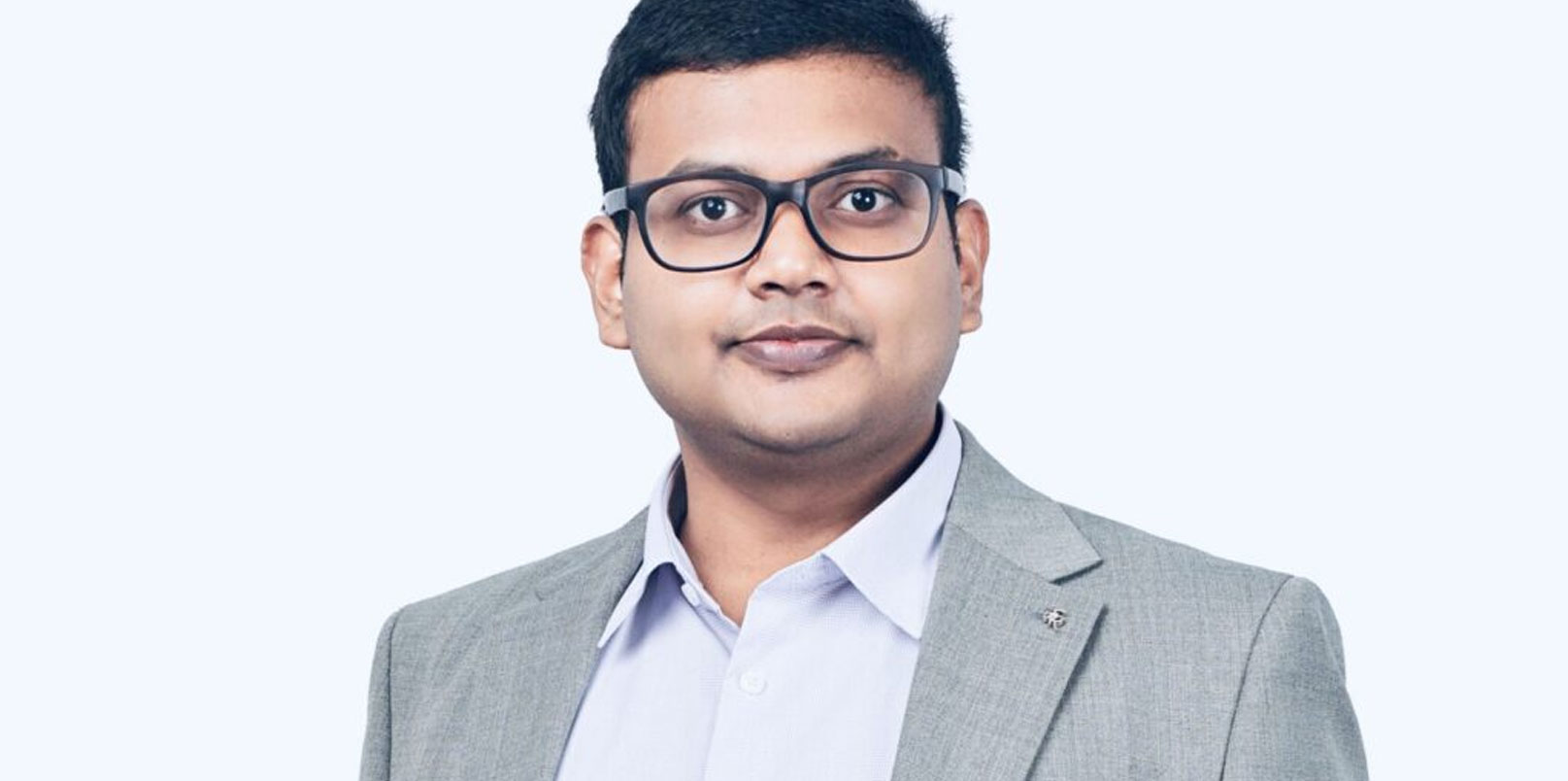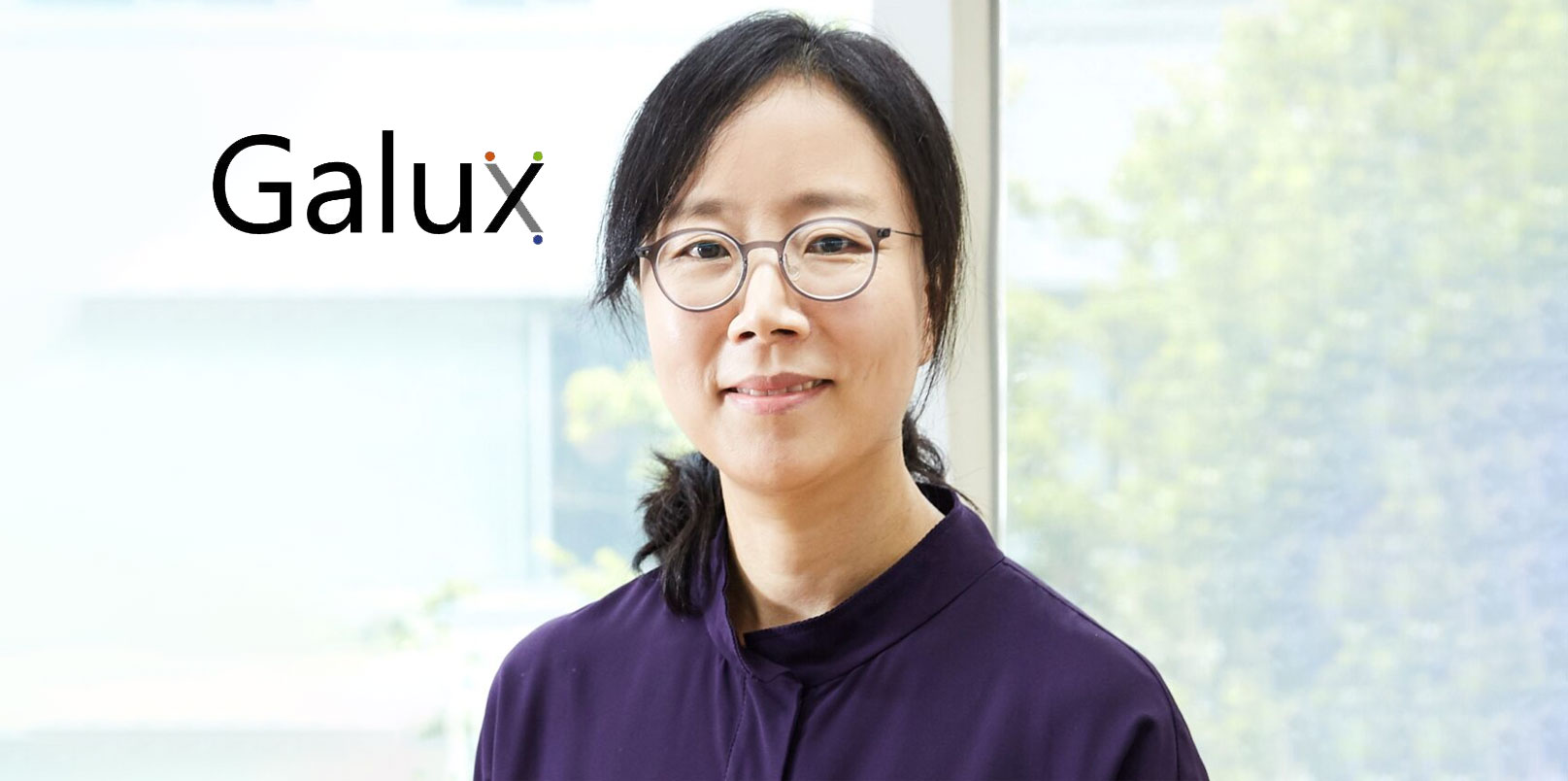Ravi Mulugu, the engineer turned investor, is a Senior Investment Director at UL Ventures, the Venture arm of UL. He focuses on early-stage venture investments related to Cybersecurity and Industrial Internet of Things. Before joining UL, Ravi worked at Next47 (Siemens Venture Capital) where he invested in growth stage startups in Smart Grid, Industrial IoT and Analytics.”
Ravi’s professional experience includes working in both the solar and wind energy industries in various technical and managerial roles. Before joining Siemens Venture Capital, Ravi worked at SunPower Corp. as a Product Manager responsible for utility-scale solar inverters and plant control software. Prior to that, Ravi was a consultant at Siemens Power Systems Consulting Group where he conducted techno-economic studies for electric utilities and renewable project developers. Earlier in his career, Ravi worked at GE Wind Energy where he was responsible for various electrical subsystems within the 1.5 MW wind turbine. Ravi received a Master’s in Electrical Engineering from the University of Texas at Arlington and an MBA from the UCLA Anderson School of Management.
Ravi Mulugu talked with koreatechdesk.com regarding the startup ecosystem and the opportunities for startups.
1. What is your background and domain expertise and what made you become an investor?
I am an electrical engineer by training and have spent the first half of my career in the renewable energy sector in engineering and product management roles. I gained deep domain knowledge in the wind and solar industries and solidly understand the cleantech market, both of which have helped me get into venture capital and evaluate and invest in innovative energy startups.
As a venture investor, you must continuously track and learn new technologies and markets. Every day I meet talented entrepreneurs building new solutions to solve challenging problems in different industries and by the end of the day, I become a little smarter.
2. As an investor, what kind of startups have you invested in and how did you find those startups to invest in?
I have invested in Smart Grid, Industrial IoT, Mobility and Cybersecurity startups. Sourcing is the lifeblood of a venture capital firm and we source interesting opportunities from a variety of channels – referrals, events, inbound and outbound outreach.
3. What would be the core factors that make you decide to invest in those particular companies?
First, we look at whether a big market exists and whether there are customers with budgets ready to buy a new product or solution. For early stage companies, the focus is more on team and technology. For growth stage companies, more quantitative factors are considered during the evaluation, e.g., growth rates in revenue and customer count, customer acquisition cost, lifetime value, churn.
4. What is the investment range and in a typical year, how many startups do you invest in?
We invest in late Seed to Series B startups globally and target about 8 to 10 investments per year. We are constantly looking for innovative companies with strong founding teams backed by top tier investors.
5. What are the main factors that startups fail as per your experience and how can they prevent mistakes in advance from your personal perspective?
The number one reason a startup fails is due to a lack of understanding of the market and the customer buying behavior in that market. Investors also call this a lack of Product-Market fit. The second reason is the bad team. The table below makes it clearer.
| A big TAM & market growth rate with paying customers is very important for the success of any venture. Product and Biz Model can be refined over time. | |||
| Team | Market | Outcome | |
| Bad team | Good market | Bad execution | |
| Good team | Bad market | Bad outcome | |
| Bad team | Bad market | Disaster | |
| Good team | Good market | Good outcome | |
Building a bottom-up TAM and characterizing the customer need accurately is the first step. Then, the founder or the co-founding team must attract top talent with diverse skills and build a strong core team. If a big market and strong team are in place, then it is easy to raise money from reputed investors.
6. What’s your advice to entrepreneurs who meet investors like you? And what are the top 3 questions you always ask the founders?
Entrepreneurs just starting out should spend a lot of time in the “Market and Customer Discovery Phase” to thoroughly understand and quantify the customer pain point – what is the status quo? why are current solutions unable to meet the need effectively? What does success look like for a customer – unit economics, ROI, breakeven period, cost reduction, new revenue, does the customer have a budget, who are the decision makers, etc.? Only after gaining a solid understanding of the market should the team build an MVP and do pilots or proofs-of-concept with a customer.
When I meet founders, my questions are always on the points I listed above. I try to get answers to why is now the right time? Why your company is going to be the winner in the market and what does revenue scale-up look like?
7. What’s your general thought about the term “global” and what are the important factors (criteria) for Korean startups to consider for a US expansion?
Technological advances are bringing countries ever closer and our needs are similar. Ride Sharing, Industrial IoT, Cybersecurity, etc., are all global needs. Startups need to build scalable, high-quality products, solutions, and platforms with a global customer base in mind right from the get-go. Startups operate under a number of resource constraints and hence any entry into new markets should be properly planned and prioritized. One way is to leverage existing customers and channel partners to test the waters in new geographies.
8. Our company name is “beSUCCESS”, so what’s your definition of the term “success” as an investor or as an individual human being?
Success in venture capital translates into maximizing returns for all parties involved – startup teams realize their dream of building a great product and getting rewarded for their effort, customers can solve their pain point with an innovative solution, General Partners and Limited Partners earn a return for taking the risk and backing a strong team.
9. What are the one or two things you would do differently if you could go back to 10 years ago?
In the information age, knowledge and insights are the real wealth. I would advise my younger self to voraciously contact the experts in the fields I am interested in to develop deeper, richer and diverse perspectives and then take on more informed risks.
10. When you come to Korea next time, what kind of Korean entrepreneurs and startups you want to meet?
I would be interested in meeting startups solving problems for the enterprise in the areas of Autonomous Systems and Industrial IoT.





